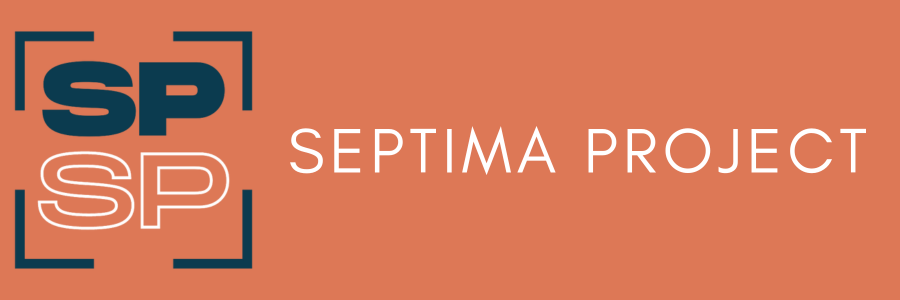What We’ve Learned So Far
May 2023
We had so much to say about race we started a blog! Our hope is this will be space to share some of our thoughts and ideas each month outside of our workshops and trainings. We hope you’ll take a look and don’t forget to sign up to our mailing list for more of our hot tips and hot takes.
A year ago we launched our first official online workshop series, Racial Equity Starts at Home: Talking about Race with Kids. We had been quietly leading antiracism workshops and racial equity trainings for more than a year by then for nonprofits, PTAs, and community groups that invited us to speak. We were encouraged—and honestly a little caught off guard— by the overwhelming response we received from these early conversations.
To put things into context, this was back in the early days of the pandemic. And when we say early days of the pandemic, we mean we were all still wearing soft pants and washing down groceries. That early. So the idea of starting a new project where we connected with people over Zoom still felt completely foreign and pretty improbable.
Yet when it came time to decide if we would continue offering racial equity workshops and trainings, it was the most obvious choice to make. It was the summer of 2020 and the world was exploding around us as people took to the streets to speak out against structural racism, inequality, and police brutality. We saw how hungry people were for talking about race. We also saw people eager to dig deep and confront their own role in perpetuating inequities.
Our early workshops showed us people were fired up, but many of them were still struggling with how to talk openly about race. And a lot of people had tons of big feelings—outrage, sadness, shock, anger, guilt, shame—with no idea how to deal with them. People wanted to take action but didn’t know how to grapple with all the difficult questions and dynamics this work brings up.
We saw a need for more meaningful and honest conversations about racial equity and racial justice. And not just the usual conversations about diversity, equity, and inclusion. Or the type of conversations people were having in some workplaces about cultural awareness or cultural sensitivity. We wanted to create workshops that would go further and explore topics like white supremacy at work, performative allyship, and teaching kids to see color.
More importantly, we wanted to cultivate supportive and judgment-free spaces where people could find connection and community with other people who cared about equity. We wanted to build an ecosystem of people who were activated, energized, and committed to antiracism. We’re still working on that ecosystem and want to continue fostering conversations that spark change.
We’ve got more racial equity workshops and trainings we’ll be announcing soon. For now, we’re sharing what we’ve learned from the past year of tough but brave conversations that have left us heartened, humbled, and inspired. Here’s what our work has taught us so far about talking about race.
Talking about race is a skill. It’s not something we automatically know how to do. People need the tools, support, and resources to learn how to do it. Let alone do it in a way that's meaningful and actionable.
Talking about race is a practice. It’s something we get better at by trying and failing over and over again. It’s a process. It’s an ongoing project. It's a muscle we build and keep stretching.
Talking about race requires relationships. There is no conversation without trust and connection. We need spaces where people feel seen, heard, and included and where we can build solidarity across difference.
Talking about race is uncomfortable. We can create all the open and supportive spaces in the world and this work will still feel awkward, weird, and messy. You will feel difficult emotions. You will be challenged. You will make mistakes. But we keep at it anyway.
Talking about race needs to be practical. Conversations about race can often veer into the abstract or theoretical. We need thoughtful reflection and analysis. But we don’t need to get stuck over-intellectualizing or navel-gazing. We need accessible conversations with practical ideas and concrete solutions.
Talking about race is just the start. Building dialogue helps us build relationships, community, and power—all of which we need for transformative change. The most productive conversations lead to collective action and concrete solutions.


